През последните седмици добре познати факти за погрома над КТБ през 2014 г. бяха припомнени от сдружение “БОЕЦ” във връзка с нови разкрития за ролята на Иван Гешев в изкуствения фалит на банката. Видимата част на атаката срещу КТБ започва на 13-и юни 2014 г., петък, с прочутото “убийство” на Делян Пеевски. Прокуратурата арестува трима невинни души по неотложност с абсурдно основание, че предовратява убийство през май 2014 г. (ретроактивно!), вдига медиен шум и обискира офиси. Действията на прокуратурата и придружаващите ги медийни фойерверки всяват паника сред вложителите на банката – така започват масови тегления.
Отдавна се знае, че няма никакви доказателства за подготвяне на такова убийство. Българският съд прецени, че няма доказателства за обосновано предположение за готвено убийство, а на 18 юни 2014 г. Сотир Цацаров се извини с половин уста, че е направил “грешка”. Наскоро един от набедените даже успешно осъди и МВР, и прокуратурата за незаконните действия срещу себе си.
От новите стряскащи разкрития на “БОЕЦ” става ясно, обаче, че друг набеден за мнимото покушение срещу Делян Пеевски, измислено от прокуратурата, е семеен приятел на Иван Гешев – от “БОЕЦ” твърдят, че имат и доказателства, че Иван Гешев лично е “натопил” приятеля си, извършвайки по този начин престъпление срещу правосъдието. Следва естественият извод, че същият човек, който е част от комплота за изкуствения фалит на КТБ, разследва този фалит и благодарение на “постиженията” си по разследването е избран за главен прокурор!
“БОЕЦ” не са единствените представители на гражданското общество, които разполагат с важна информация, която може да е полезна за разобличаването на Иван Гешев и разкриването на заговора за фалита на КТБ. Борци срещу статуквото, които волно или неволно са станали пешки в сценария на Иван Гешев – Николай Стайков и Силвия Великова – имат ключ към разгадаването на други важни части на пъзела. Дойде време и аз да задам въпроса: “Кой?”. В случая имам късмет, че адресати на питането ми са хора с добра репутация, които, на терория, като будни граждани, би трябвало да имат интерес да се разкрие обективната истина за фалита на КТБ.
Read More
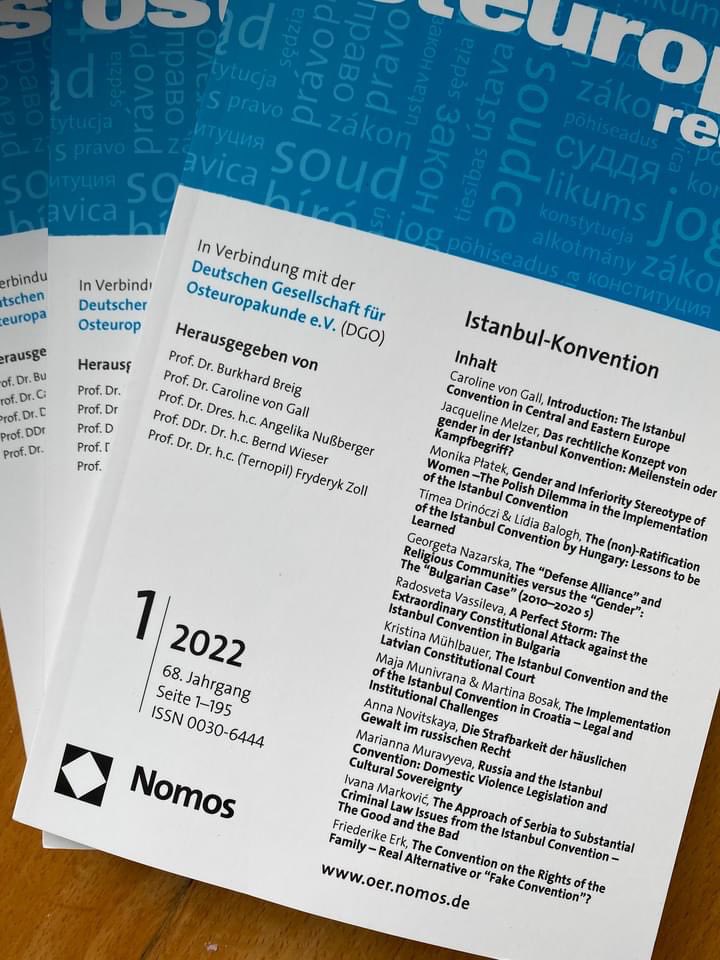

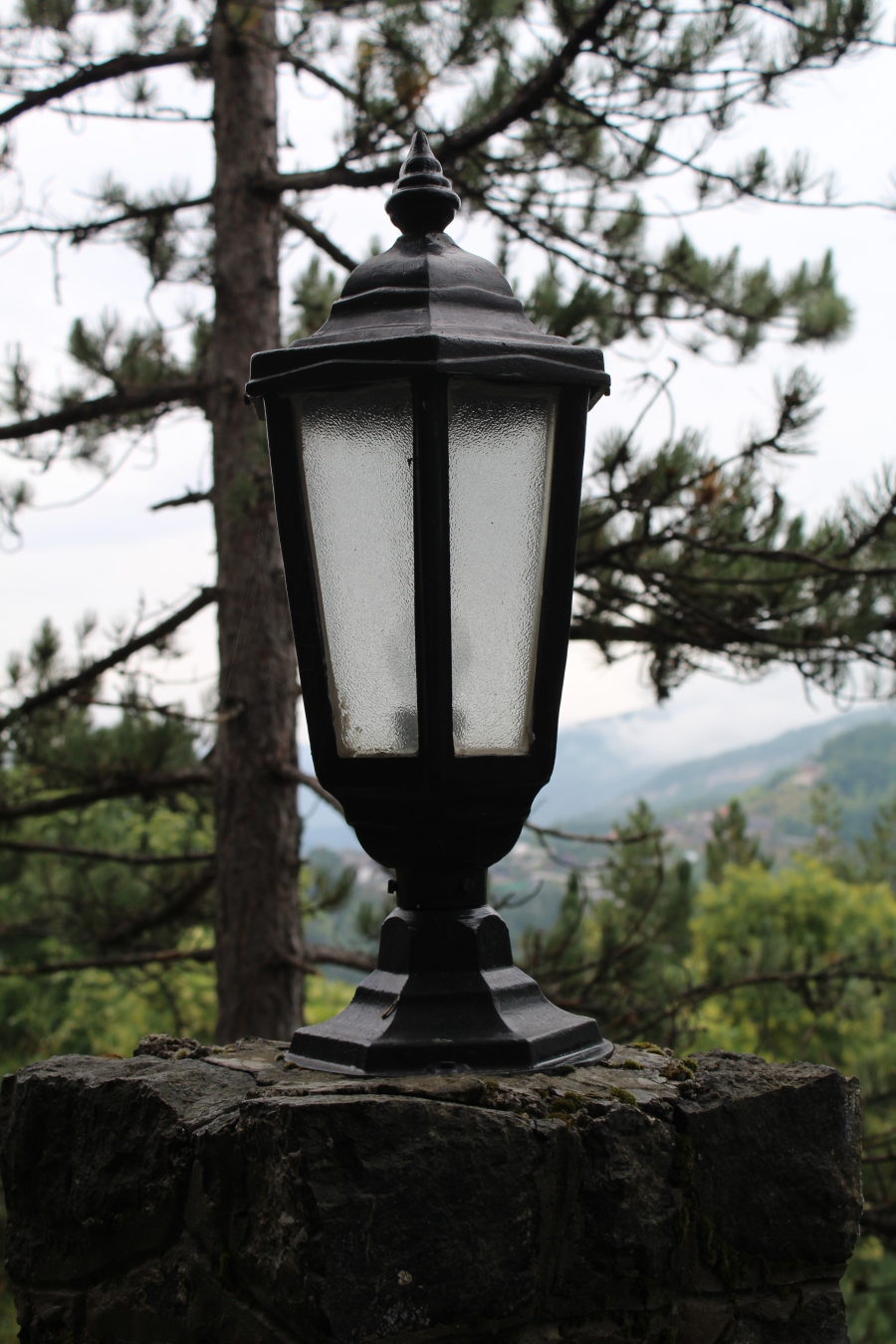



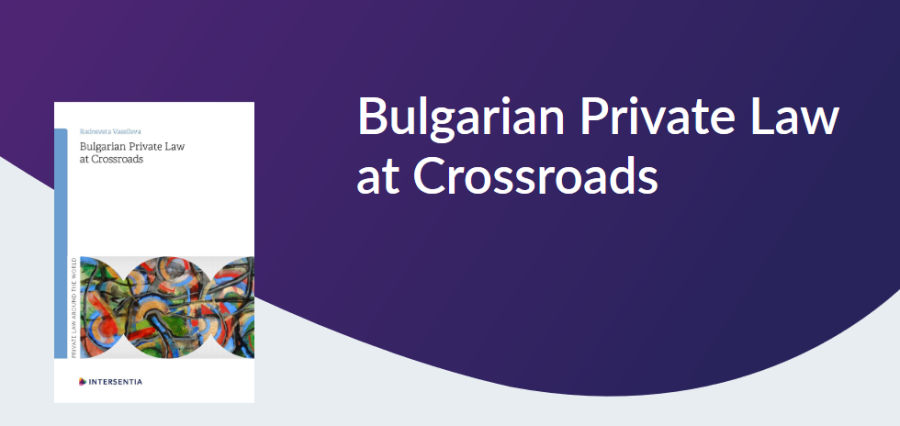
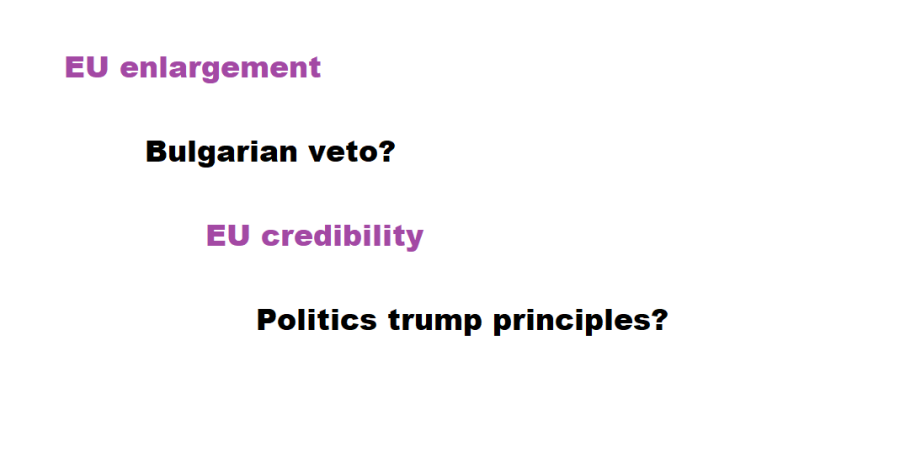


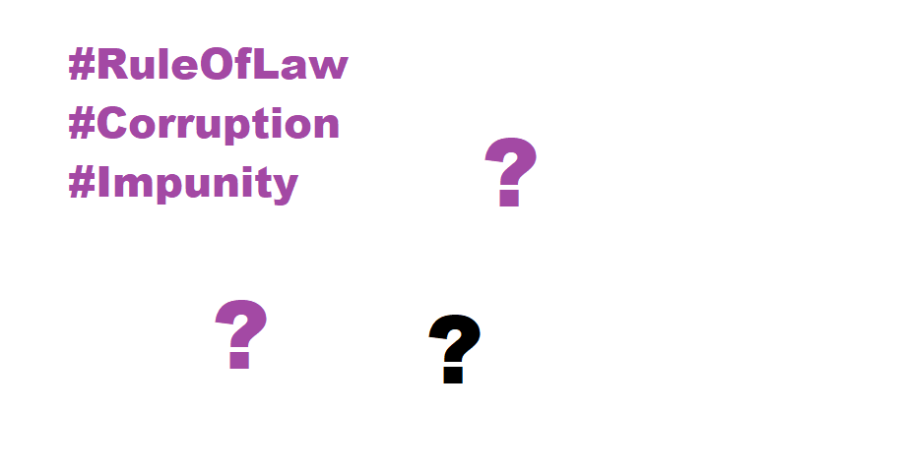

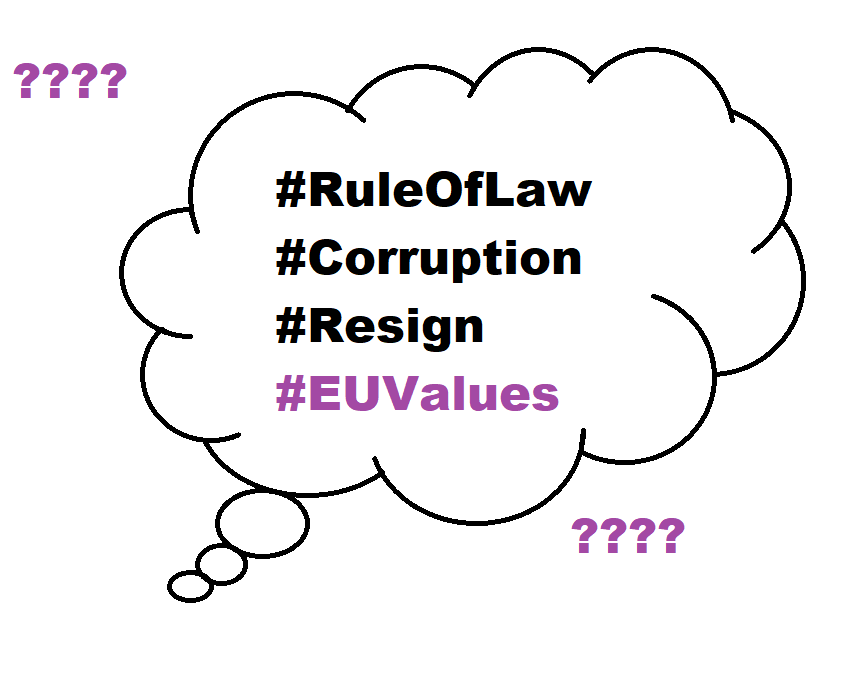





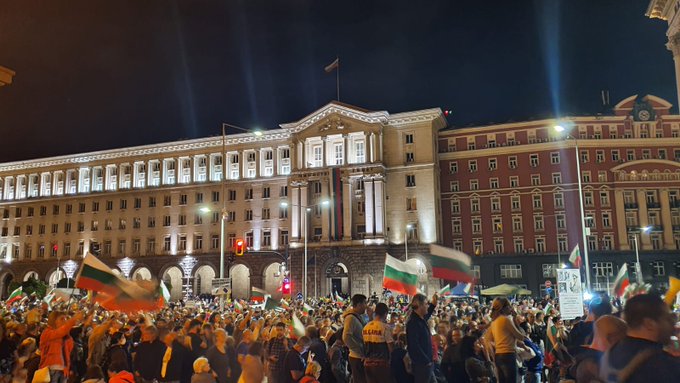
You must be logged in to post a comment.